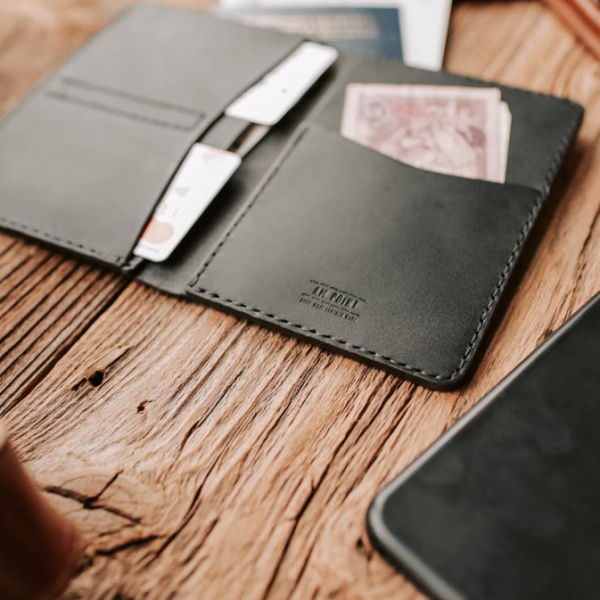Making sure your executor or loved one can easily access your personal and financial information after you’re gone is a thoughtful step.
If you’ve already recorded and organized your information, the next step is deciding where to store these documents safely. Here are some pros and cons of five options to help you decide.
Where’s the safest spot to keep your important information? I’ll discuss the advantages and disadvantages of storing it in different places, ranging from less secure to more secure options. These include hiding it at home, storing it on a computer, entrusting it to a lawyer, executor, or family member, using a safe deposit box, or keeping it in a personal safe at home.
Hidden in the Home
Advantages: Keeping your documents at home means you can access them easily whenever you need to. You can update or add new documents whenever you want, as long as you remember where you’ve hidden them.
There’s no cost involved in hiding documents at home, unlike with a safe deposit box or a home safe.
Disadvantages: If you forget where you’ve hidden your documents, it can be challenging to find them again, especially if you’ve tried to be clever about hiding them. This risk can be reduced if you tell someone else, like a spouse or family member, where you’ve hidden them.
Storing documents at home poses the highest risk of theft or damage from natural disasters like floods, fires, or tornadoes.
Personal Computer
Advantages: Storing information on your computer gives you the same accessibility as keeping documents at home. You can update, add, and correct information anytime you need to, as long as you have your computer. Just make sure your information is password-protected and regularly backed up.
Disadvantages: Unfortunately, no computer system is completely secure. There’s always a risk of hackers getting access, no matter how many security measures you have in place.
Also, there’s a chance that your computer’s hard drive could fail or stop working. You could lose everything if you haven’t backed up your data properly and regularly. To avoid this, consider making a copy of your information and storing it somewhere outside your home.
Like with other storage options, there’s a risk of theft and damage from natural disasters. If someone breaks into your home, technology equipment like computers is often one of the first things they steal.
Given to an Attorney, Executor, or Loved One
Advantages: Giving your data to a trusted person like an attorney, executor, or loved one means they’re likely to respect your wishes and keep your information safe.
There may be no cost involved, except perhaps if you choose to store your data with a lawyer. In that case, you’ll need to discuss storage procedures, security measures, and any associated costs.
Disadvantages: Once your documents are with someone else, it might be harder for you to update, add, or correct information. You’ll have to coordinate with the person holding your data.
You need to trust the person you’ve chosen to keep your information safe and secure. Depending on how you provide your information, they may need to remember passwords or keep track of keys or combinations.
Like with other options, there’s a risk of theft and damage from natural disasters.
Safe Deposit Box
Advantages: Your information is secure and can’t be accessed without your permission. There’s less risk of theft or damage compared to other options.
However, it’s important to note that the FDIC doesn’t insure the contents of a safe deposit box. But if something goes missing due to a bank error or theft, the bank’s insurance might cover it.
Disadvantages: Access to your safe deposit box is limited to bank hours.
Also, safe deposit boxes can be expensive. Some banks offer free boxes if you maintain a certain balance, but these are usually small. Larger boxes can cost hundreds of dollars per year.
The size of the box is limited, so you might need a larger one if you’re storing a lot of information. Plus, you need to keep track of the key to access the box.
If you die without a co-owner for the box, accessing it might require proof of executorship, a death certificate, and possibly a court order, depending on state laws.
Personal Home/Fire Safe
Advantages: You can access your data easily whenever you need it.
Unlike the ongoing rental fees for a safe deposit box, you only need to pay for the safe once.
Disadvantages: You have to keep track of the key or combination to access your documents.
Even though a safe provides some protection against theft and disasters, its effectiveness depends on its quality.
Before deciding where to store your important documents, consider the pros and cons of each option. Choose the one that offers the most security and fits your budget.





